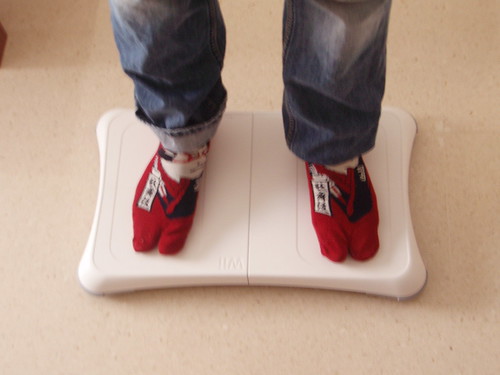So far we have been looking at job types in a two dimensional. In our 2d model your job is in the same position on the chart no matter your abilities for the given job type. The 2d model is good for understanding why you are making money, but it doesn't help determine how to make more money. For that we will need to look at the same chart in three dimensions. 
We now hove a qualitative quotient rising vertically from each of the job types. In each case the vertical factor represents qualities which increase the attractiveness of your work to those who will be paying you. For example, a professional musician vs. an amateur.
In order to use this model to maximize your profitability we are going to need to find what jobs we are able to do and choose the best selection of to maximize the pros for each job type, while minimizing the cons.
I start by making a list of which skills and abilities I have, some major personal characteristics and things which I can make. I rank each of those abilities based on how much I think someone could potentially pay for each activity.
What I do :
- Programming (8)
- Wood Working (4)
- Network Security (5)
- System Administration (7)
What I make :
- Informative websites (7)
- Cool Program (9)
- Wooden kids furniture (5)
- Digital drawings (5)
- Cooking (2)
Who I am :
- College graduate (7)
- Son of well respected man in my home town (9.5)
- Young conservatively dressing tall man (7)
- Yet another personal financial blogger (4)
- Eagle Scout (10)
Now I plot them on the chart (either for real, or just in my head).

After listing and ranking my abilities, I add which abilities I would be interested in improving and to what level.
System Administration (9)
Wood Working (8)
Based on my chart I can see that I currently could probably make a cool program and provide something which is in higher demand than my current programming position.
In order to provide a more demanded skill in System Administration I would need to improve my skills a little bit -- maybe take a class, or study online.
To maximize my income right now, I should make a cool program. If I would rather maximize my income by doing system administration, I should improve my skills enough to command a higher salary.
To be good enough with wood working (Which I enjoy), I would need to get a lot better. If my life dream were to support my family as a wood worker then such improvements might be worth their effort. Since that's not my dream, my self improvement time could be better spent elsewhere.
Odds are good that you too will have several skills which will are in higher demand than others. Besides just trying to maximize your income, be sure to also consider that certain skill groups (eg. Programming + System Administration + Network Security) may prove more valuable as a cluster of abilities than a single higher valued skill (eg. Writing a single cool program). Also balance the different positions with the pros and cons discussed in part two in order to find a level of job security and type of job risk you are comfortable with.
Conclusion
This isn't the be-all end-all theory for deciding what to do for work. No model is perfect, and making the most money isn't the most important thing in life. What this model can do though is help you visualize potential areas to improve your income, and help you find ways out of a field you're not enjoying.




